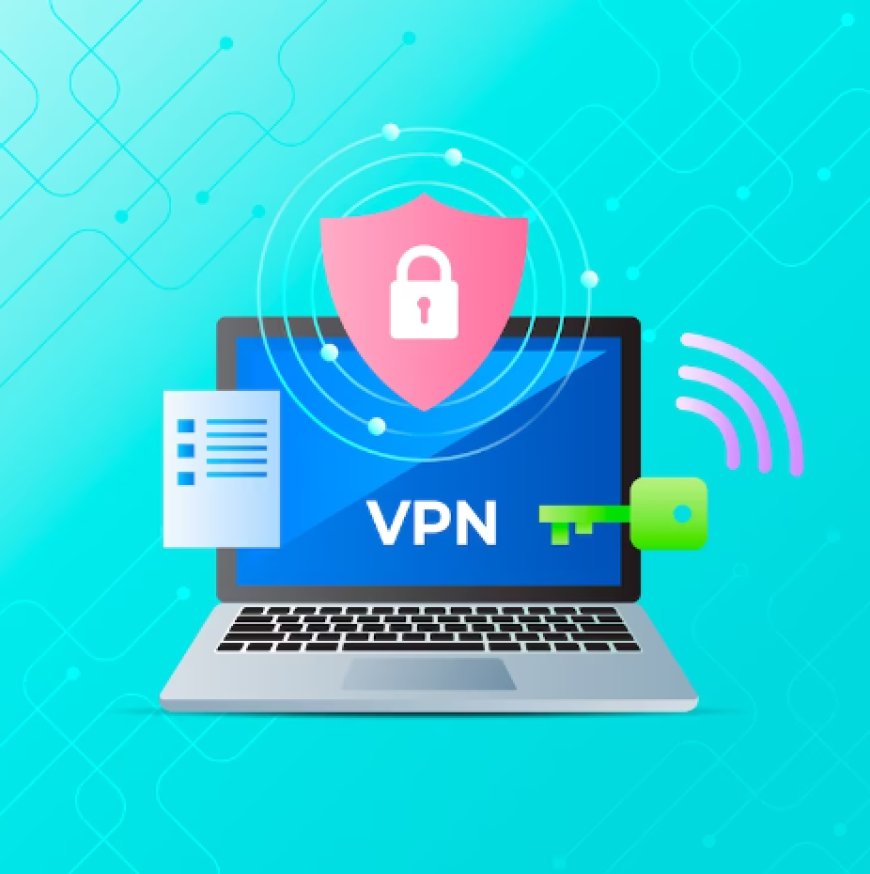
Understanding VPNs: Why You Need One in the Digital Age
VPN Cybersecurity Privacy Data Encryption Port Forwarding DDNS Remote Access Online Security Tech Tools Internet Safety
Understanding VPNs: Why You Need One in the Digital Age
The internet is a vast and open place, which is both its greatest strength and its biggest vulnerability. In an age where data breaches and privacy concerns are becoming increasingly common, a Virtual Private Network (VPN) has become an essential tool for anyone looking to protect their online activities. But what exactly is a VPN, and why should you consider using one?
What is a VPN?
A Virtual Private Network (VPN) is a service that allows you to create a secure and encrypted connection over a less secure network, such as the internet. When you connect to a VPN, it routes your internet traffic through a remote server, masking your IP address and encrypting your data.
How Does a VPN Work?
When you connect to the internet through a VPN, your data is encrypted and sent to a VPN server. This server acts as an intermediary between your device and the internet. As a result, websites and online services see the IP address of the VPN server rather than your actual IP address. This not only hides your identity but also encrypts your data, making it much harder for hackers or other malicious entities to intercept and read your information.
The Benefits of Using a VPN
Using a VPN offers several key benefits:
- Privacy Protection: By masking your IP address, a VPN helps protect your identity and location, making it harder for websites and advertisers to track your online activities.
- Data Security: A VPN encrypts your data, providing an extra layer of security, especially when using public Wi-Fi networks.
- Access to Restricted Content: Some content is region-locked and unavailable in certain countries. A VPN allows you to bypass these restrictions by connecting to a server in a different location.
- Secure Remote Access: VPNs are widely used in corporate environments to provide secure remote access to internal networks and resources.
- Avoid Censorship: In countries with strict internet censorship, a VPN can help you access blocked websites and communicate freely.
Choosing the Right VPN
Not all VPNs are created equal, so it's essential to choose one that meets your specific needs. Here are some factors to consider when selecting a VPN:
- Security Features: Look for a VPN that offers strong encryption, a no-logs policy, and features like a kill switch to ensure your data is protected at all times.
- Server Locations: Choose a VPN with a wide range of server locations to access content from different regions easily.
- Speed and Performance: VPNs can slow down your internet connection, so opt for a provider known for high-speed servers.
- User-Friendliness: A good VPN should have an intuitive interface and be easy to set up and use across your devices.
- Customer Support: Ensure the VPN provider offers reliable customer support in case you encounter any issues.
VPNs and Port Forwarding
Some VPNs offer port forwarding, which can be useful for activities like gaming, torrenting, and hosting services. Port forwarding allows you to redirect incoming connections to your local network, making certain devices or services accessible from the internet. This can be a double-edged sword, as it also introduces potential security risks if not configured correctly.
Using VPN with DDNS
Dynamic DNS (DDNS) is a service that automatically updates the DNS records of a domain name whenever your IP address changes. This is particularly useful when you combine it with a VPN, as it allows you to access your home network or devices remotely, even if your IP address changes frequently. By using DDNS with a VPN, you can ensure a consistent and secure connection to your home network, no matter where you are in the world.
Conclusion
In today’s digital age, where privacy and security are paramount, a VPN is no longer a luxury but a necessity. Whether you’re looking to protect your data, bypass restrictions, or secure your online activities, a VPN offers a robust solution. Take the time to choose a VPN that suits your needs, and make it an integral part of your online toolkit.
Thank you for reading, and stay tuned for more insights and tips as we continue our tech journey together!